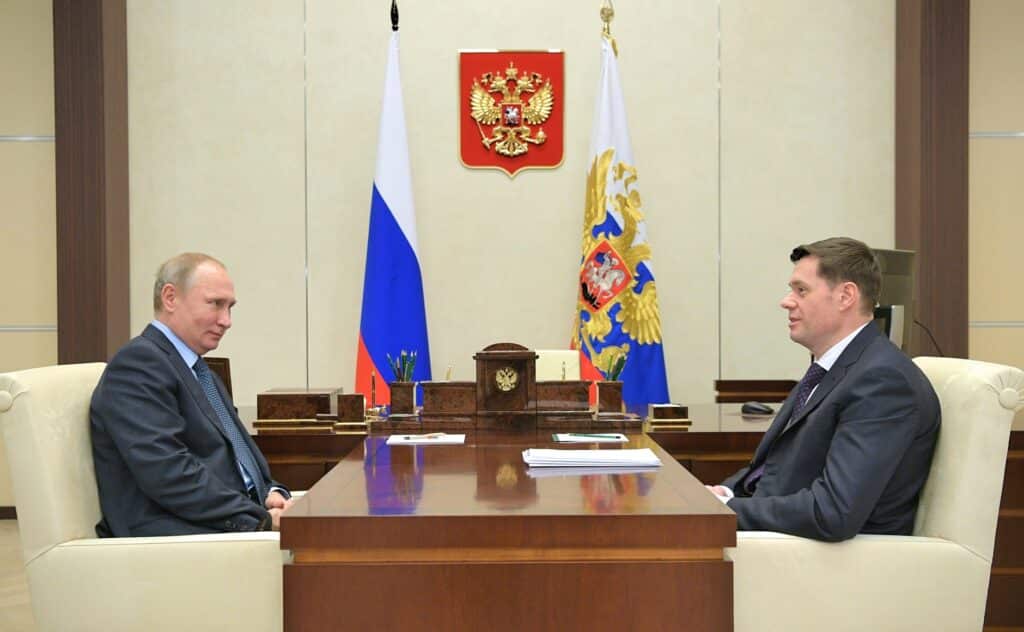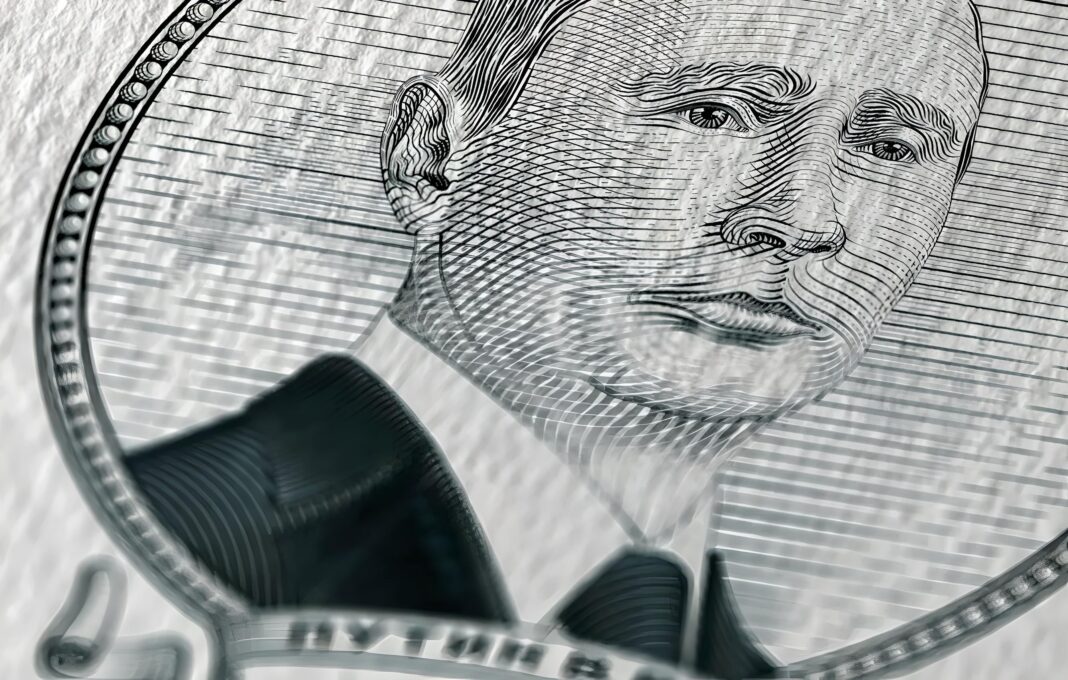Japan is one of Russia’s most lucrative export markets, with European sawmillers alleging it now accounts for more than 13% of limber and glue-laminated timber from Putin-connected timber mills.
It comes as Wood Central reported last month that timber accounts for more than 50% of Russian exports entering the US, leading ENGOs to speculate that US reliance on lumber is inadvertently fueling the conflict.
Already, Russian oligarchs, including Alexei Mordashov, who stood side by side with Putin the day he launched a “full-scale invasion”, are profiting from mass timber products sold into both countries.
Now, the European Organization of the Sawmill Industry (EOS) and the European Confederation of Woodworking Industries (CEI-Bois) have sent an open letter to the Executive Vice-President of the European Commission and Commissioner for Trade, Valdis Dombrovskis, urging the European Union to push the Japanese for a total ban on Russian timber.
In the letter, they state that “a concerted effort to persuade Japan to stop importing Russian lumber would be a significant step in further impacting the Russian economy and its war machine,” adding that “our trade posture towards Russia, and sanctions in particular, should be coordinated and coherent among the coalition of countries that have decided to punish Russia’s unprovoked, unjustified, and barbaric invasion of Ukraine.”
“Until 2021, the European Union imported significant quantities of wood products from Russia (and Belarus), much more than what Japan is currently importing, even in proportion to the larger EU population and economy,” it continued.
“As an industry and a society, we should be proud that in some months, we were able to give up importing Russian wood products, swiftly readjusting and adapting to the new reality.”

Japan, like the United States and Australia, has some of the softest compliance actions against Russian timber. The countries did not follow the UK, EU, and more than 130 global ENGOs in introducing a sanction on all timber imports after the Ukrainian Parliament asked all “friendly countries to sanction Russian timber.”
Last month, a group of Ukrainian ENGOs—including the Ukrainian Nature Conservation Group (UNCG), the ICO “Environment-People-Law” (EPL), the Center for Environmental Initiatives Ecoaction, the Bureau of Environmental Investigation and Ecosociety—alleged that the Russian military “directly controls an area of forest twice the size of New Jersey,” with the army profiting from the sale of timber transported from Russia through Eurasia.
The push to crackdown on Russian timber exports comes as Wood Central reports that lumber and mass timber imports are infiltrating EU sanctions via Belgium—more than 280 tons of Russian timber were uncovered in a recent EU sting.
In addition, “Kremlin-friendly” third countries, such as Turkey, the United Arab Emirates (UAE), and Kazakhstan, continue to provide a steady flow of Russian-originated imports, with Western countries struggling to police sanctions.







